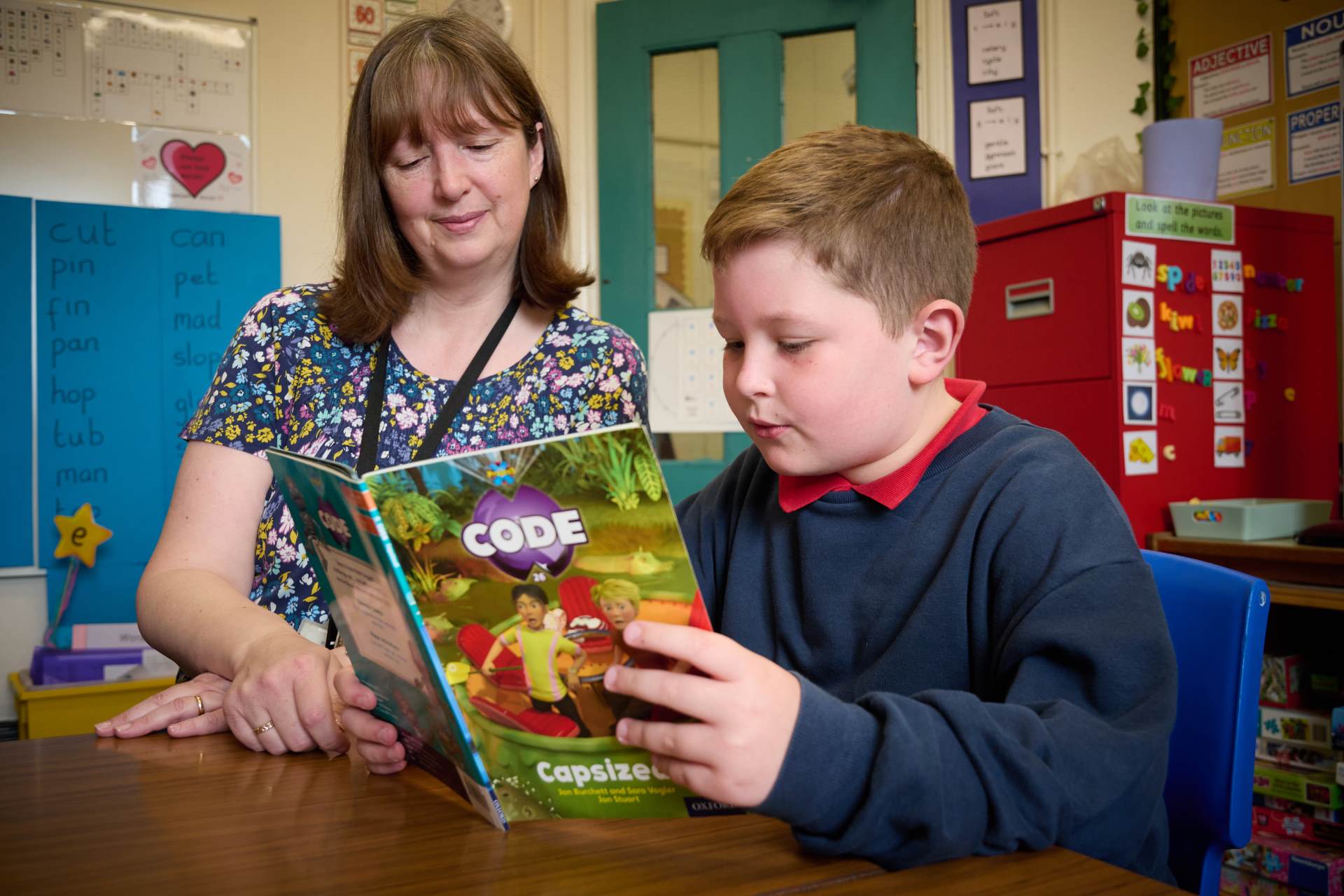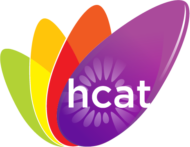Writing

Curriculum Intention
The writing curriculum at Thoresby Primary School covers all aspects of the EYFS Framework and the National Curriculum.
National curriculum in England: English programmes of study - GOV.UK (www.gov.uk)
We see writing as a crucial element of English and as an essential foundation for the success for all in other subjects. It is essential that pupils gain the skill of language to be able to participate as full members of society. We recognise the importance of oracy, which allows the children to develop an ambitious repertoire of language and vocabulary as well as confidence and competence in spoken language and listening skills.
Our aim is that our pupils will be able to;
- Attain fluency and automaticity in the foundational knowledge of writing.
- Write for a variety of audiences and purposes.
Our writing curriculum focuses on;
Transcription- so that pupils become fluent in handwriting, spelling and grammar.
Composition- so that pupils are able to articulate their ideas and structure them in speech and writing.
We recognise the importance of nurturing a culture where children take pride in their writing, can write clearly and can accurately; adapting their language and style to suit the context and audience. We endeavour to inspire pupils so that they are motivated and enjoy writing for a range of purposes, understanding how widely writing is used in everyday life.
Implementation
Pupils are taught writing through a carefully thought-out teaching sequence that is adapted for each key stage.
All writing lessons are based on a variety of carefully selected stimuli, appropriate to age, whole school curriculum and context. This can be such things as quality texts, film, objects, photographs, etc. Grammar and punctuation skills are taught discretely within the teaching sequence, ensuring children acquire the secure knowledge and application of this before using the process approach. This is where pupils can showcase both this knowledge and their transcription skills, writing for a particular purpose and audience. Pupils are gradually exposed to the main the purposes of writing; to entertain, to inform, to persuade and to express feeling, producing final outcomes in a variety of formats (both written and spoken). Precise and effective feedback enables pupils to extend their writing skills and offer ample opportunities to apply their new learning.
In EYFS, writing involves transcription (spelling and handwriting) and composition (articulating ideas and structuring them in speech, before writing). Planned opportunities support the development of writing and pre-writing foundational skill acquisition for example, speaking and listening activities, tasks that develop fine and gross motor skills and activities exploring media and materials. A heavy focus is given to the transcriptional fluency. Pupils are taught how to form upper and lower case letters correctly (print) through planned daily handwriting sessions. Pupils learn to read and write high frequency words and words with phase 2, 3 and 4 graphemes at the appropriate time. Children have opportunities to apply these in the areas of planned provision. The aim is that children can write a short, cohesive sentence at the end of the year using their knowledge of grapheme-phoneme correspondence, capital letters and full stops. Pupils are supported with oracy, grammar and sentence making with the use of ‘Language in Colour’, a programme specifically chosen to support the link between oracy and writing. Pupils will attain the skills to successfully read the sentences they write for sense. The use of oral rehearsal and dictated sentences with the pupils are pivotal for the children to acquire this knowledge.
In Key Stage 1, the focus of transcriptional foundational knowledge continues. Pupils develop their letter formation and move gradually towards learning a pre-cursive script within discrete daily handwriting sessions. Pupils also continue to learn spellings through daily phonics sessions. This is further enhanced through discrete spelling lessons where children continue to apply grapheme phoneme correspondence, learn to spell the KS1 common exception words and required NC spelling rules. Within writing sessions, children build upon their grammar and sentence knowledge, fluently producing more sustained, cohesive, accurate examples of writing for different purposes and audiences. Teachers continue to use ‘Language in Colour’ to support them with their grammar and sentence knowledge. Children begin to use the process approach to gain an understanding of how to plan, draft, edit and publish their work.
In Key Stage 2, pupils are required to write with a fluent and joined style of handwriting, taught within discrete sessions. Spelling are also taught discretely in line with NC requirements. Grammar is planned and taught progressively within the writing teaching sequence, with ample opportunity for independent application and the process approach is explored further. The aim is that pupils write competently, fluently and accurately for a range of purposes and audiences.
Children arrive at Thoresby at all stages in their education and from every area of the world. We have a clearly defined writing curriculum pathway that ensures they are swiftly assessed to establish their bespoke needs.
Impact
Pupils enjoy writing and can see the value in producing particular pieces for a specific purpose. They learn to write accurately and coherently, adapting their language and style in, and for a wide range of contexts, purposes and audiences.



